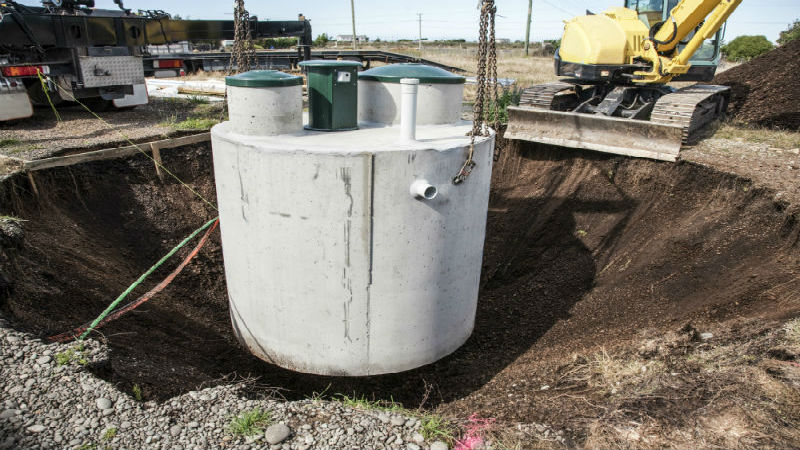Having a properly working septic system is important for any home. Without it, wastewater from kitchens, bathrooms, and other areas of the home would have no where to go. Without a proper means of wastewater disposal, toilets would be unable to flush away human waste and washing machines would have nowhere to dispose of used water when washing clothes. Even the sinks in the home rely on septic systems to get rid of water that has been used for cleaning dishes, people’s hands, or other uses.
Typically a septic system comes in two different forms. The most common in suburban areas involves a community septic system that is regulated by the water and waste company in the area. While these are convenient systems, they often are a lot more expensive in the long run due to service fees each month. Having an in-ground Septic System Installation can help alleviate this cost, but can be expensive to have installed at first. In the end, however, the cost can out weigh the over all cost of monthly payments.
A typical in-ground Septic System Installation is just a large hole which will fill up over time with waste. They typically have a concrete lid and can hold a large amount of waste and wastewater. In most cases, the septic tank system will have a field line which helps reduce the amount of liquid in the tank itself by dispersing it into the surrounding area over time. When the tank gets full, it will need to be emptied by a professional septic company. They will have a vacuum truck capable of sucking the tank clean via hoses, which will get disposed of properly once done.
Over time, septic tanks will need to be cleaned after being emptied to ensure no build up occurs around the tank itself. Chemicals can also be added that help break down solid waste, allowing for more room in the tank. For more information, please visit website domain to learn more about septic tanks and their maintenance. This will help in not only the decision on whether a septic tank is the best choice for a home but also help homeowners take better care of their septic systems.




